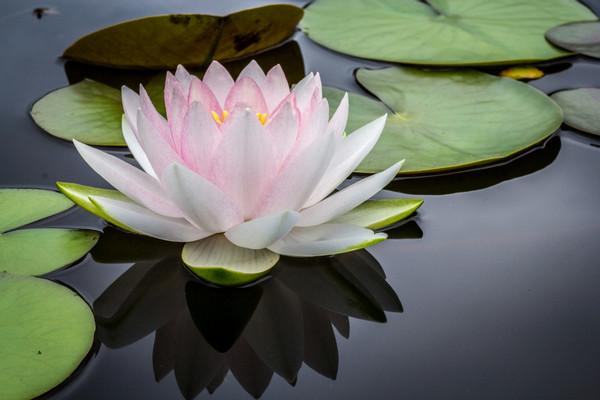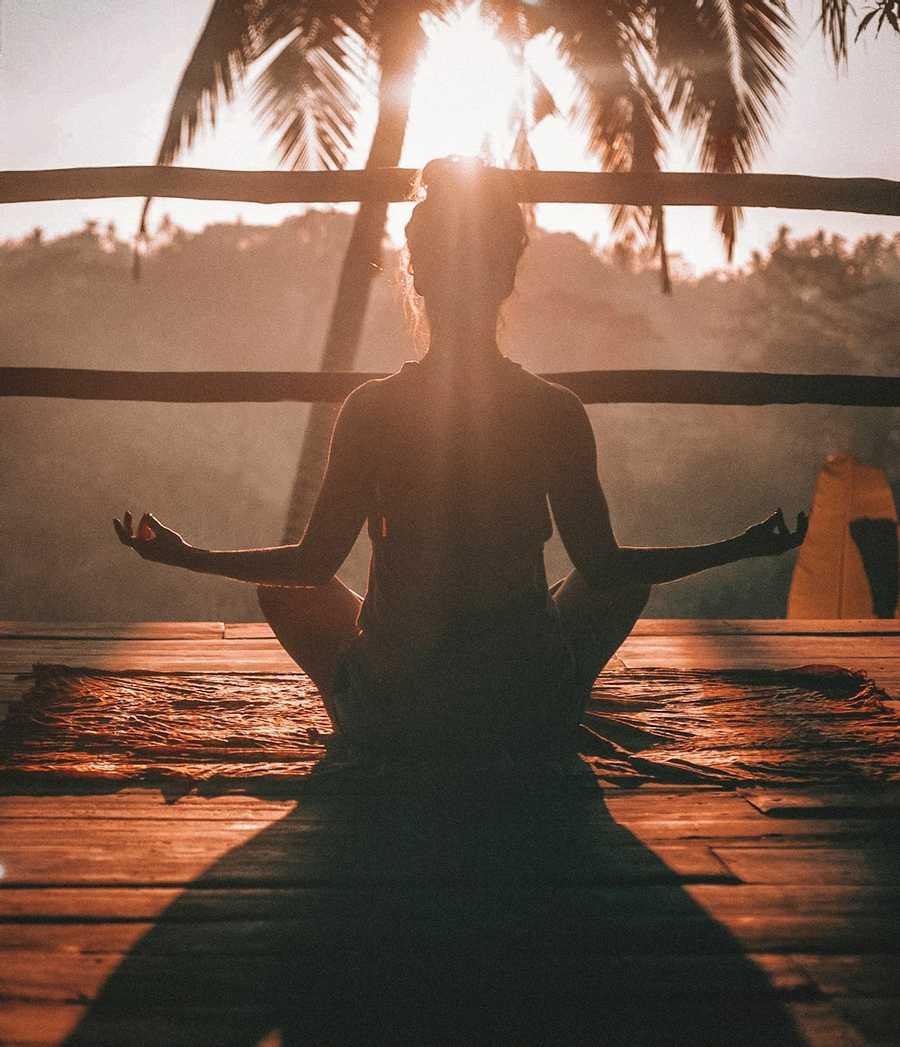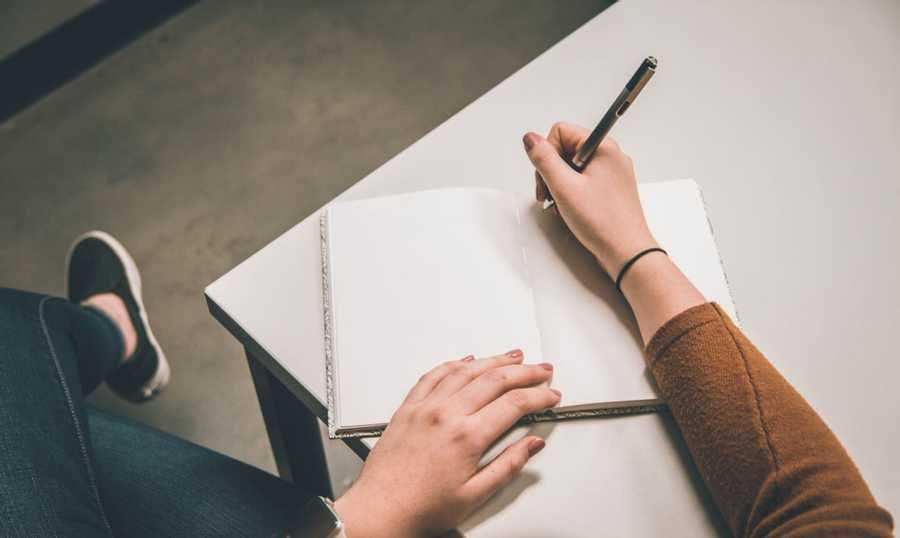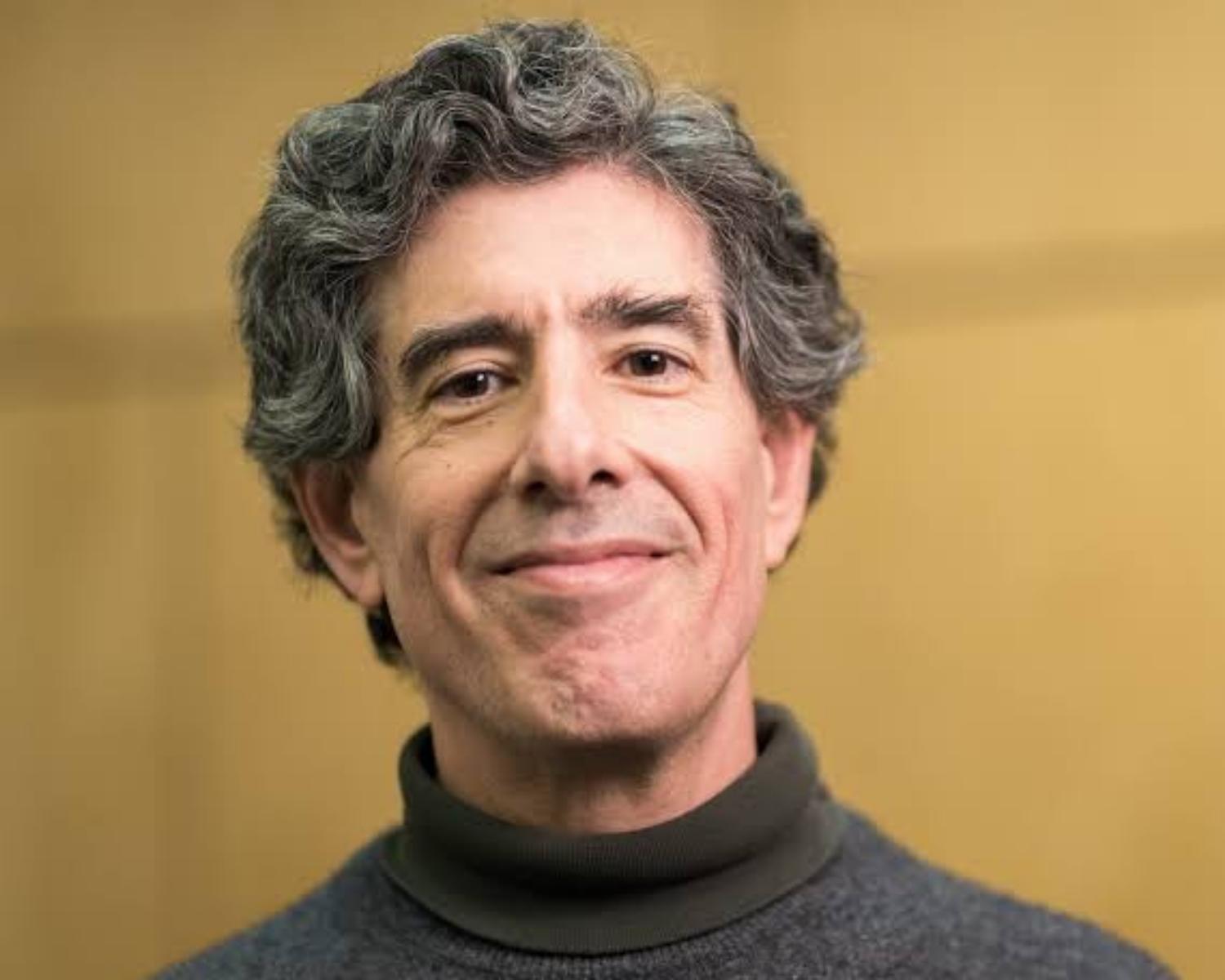Explore the World's Best Ideas
Join today and uncover 100+ curated journeys from 50+ topics. Unlock access to our mobile app with extensive features.
Meditation and Mindfulness
Meditation and mindfulness induce a heightened state of awareness and focused attention. Various studies demonstrate the practice can help relieve stress — as well as manage anxiety, reduce inflammation, and improve memory and attention, to boot. Such striking results have many doctors, across specialties, prescribing meditation just as they would an anti-depressant or blood pressure medication . But it remains unclear just how meditation confers so many health benefits.
156
2.86K reads
Tibetan Monks
Tibetan monks meditate for hours upon hours each week. Their devotion to their religious traditions makes them experts in the practice of meditation.
Turns out those experts have a lot to teach us about how sustained mindfulness affects the brain.
122
618 reads
Bin He Investigates
Bin He, a neuroengineer at Carnegie Mellon University, decided to look at the brains of Tibetan monks. In a previous study. He and colleagues saw that individuals with meditation experience were better able to control a computer cursor with their mind than those without it.
122
549 reads
“We went to Tibet and measured activity in the brains of monks who had, on average, 15 years of meditation experience — between five and 35 years,” he said. “We then compared those results to native Tibetans who had never meditated before.”
BIN HE
118
479 reads
Bin He Findings
He and his colleagues found that long-term, active meditative practice decreases activity in the default network. This is the brain network associated with the brain at rest — just letting your mind wander with no particular goal in mind — and includes brain areas like the medial prefrontal cortex and the posterior cingulate cortex. What’s more, the longer a monk had been practicing, the bigger the reduction in activity the researchers observed.
126
458 reads
“It seems the longer you do meditation, the better your brain will be at self-regulation,” said He. “You don’t have to consume as much energy at rest and you can more easily get yourself into a more relaxed state.”
BIN HE
129
484 reads
Is there more to know?
There’s still a lot of research that needs to be done to understand the type and amount of practice required to get an effect — and it likely will be different for each person. And with so many ways to do so — from workshops to smart phone apps — Davidson says the best kind of meditation is simply the one that you are most likely to stick with.
118
310 reads
“Think of it as a form of personal mental hygiene — almost like tooth brushing,” he said. “Humans didn’t evolve brushing their teeth twice a day. It’s a learned skill. Your brain is just as precious as your teeth. So, it’s important to take the time to learn a practice and stick to it.”
RICHARD DAVIDSON
136
506 reads
IDEAS CURATED BY
Emmanuel Iwuh's ideas are part of this journey:
Learn more about personaldevelopment with this collection
How to set clear objectives
How to follow up after a meeting
How to manage time effectively
Related collections
Similar ideas
Read & Learn
20x Faster
without
deepstash
with
deepstash
with
deepstash
Personalized microlearning
—
100+ Learning Journeys
—
Access to 200,000+ ideas
—
Access to the mobile app
—
Unlimited idea saving
—
—
Unlimited history
—
—
Unlimited listening to ideas
—
—
Downloading & offline access
—
—
Supercharge your mind with one idea per day
Enter your email and spend 1 minute every day to learn something new.
I agree to receive email updates








